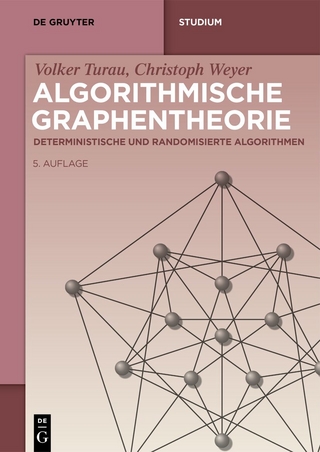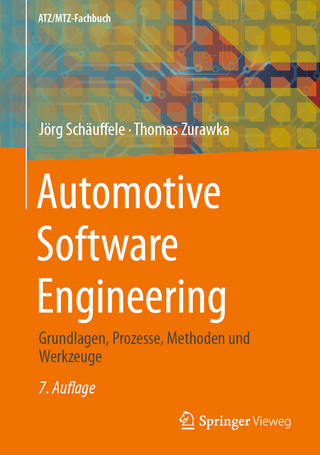
Evidence-Based Software Engineering and Systematic Reviews
Seiten
2015
Chapman & Hall/CRC (Verlag)
978-1-4822-2865-6 (ISBN)
Chapman & Hall/CRC (Verlag)
978-1-4822-2865-6 (ISBN)
In the decade since the idea of adapting the evidence-based paradigm for software engineering was first proposed, it has become a major tool of empirical software engineering. Evidence-Based Software Engineering and Systematic Reviews provides a clear introduction to the use of an evidence-based model for software engineering research and practice.
The book explains the roles of primary studies (experiments, surveys, case studies) as elements of an over-arching evidence model, rather than as disjointed elements in the empirical spectrum. Supplying readers with a clear understanding of empirical software engineering best practices, it provides up-to-date guidance on how to conduct secondary studies in software engineering—replacing the existing 2004 and 2007 technical reports.
The book is divided into three parts. The first part discusses the nature of evidence and the evidence-based practices centered on a systematic review, both in general and as applying to software engineering. The second part examines the different elements that provide inputs to a systematic review (usually considered as forming a secondary study), especially the main forms of primary empirical study currently used in software engineering.
The final part provides practical guidance on how to conduct systematic reviews (the guidelines), drawing together accumulated experiences to guide researchers and students in planning and conducting their own studies. The book includes an extensive glossary and an appendix that provides a catalogue of reviews that may be useful for practice and teaching.
The book explains the roles of primary studies (experiments, surveys, case studies) as elements of an over-arching evidence model, rather than as disjointed elements in the empirical spectrum. Supplying readers with a clear understanding of empirical software engineering best practices, it provides up-to-date guidance on how to conduct secondary studies in software engineering—replacing the existing 2004 and 2007 technical reports.
The book is divided into three parts. The first part discusses the nature of evidence and the evidence-based practices centered on a systematic review, both in general and as applying to software engineering. The second part examines the different elements that provide inputs to a systematic review (usually considered as forming a secondary study), especially the main forms of primary empirical study currently used in software engineering.
The final part provides practical guidance on how to conduct systematic reviews (the guidelines), drawing together accumulated experiences to guide researchers and students in planning and conducting their own studies. The book includes an extensive glossary and an appendix that provides a catalogue of reviews that may be useful for practice and teaching.
Barbara Ann Kitchenham, David Budgen, Pearl Brereton
The Evidence-Based Paradigm. Evidence-Based Software Engineering (EBSE). Planning a Review. Forms of Secondary Study. Searching for Primary Studies. Study Selection. Assess Study Quality. Extract Study Data. Synthesis. Knowledge Translation. Controlled Experiments. Controlled Quasi-Experiments. Case Studies. Surveys. Qualitative studies. Replication.
| Reihe/Serie | Chapman & Hall/CRC Innovations in Software Engineering and Software Development Series |
|---|---|
| Zusatzinfo | 28 Tables, black and white; 54 Illustrations, black and white |
| Sprache | englisch |
| Maße | 156 x 234 mm |
| Gewicht | 1650 g |
| Themenwelt | Mathematik / Informatik ► Informatik ► Software Entwicklung |
| ISBN-10 | 1-4822-2865-3 / 1482228653 |
| ISBN-13 | 978-1-4822-2865-6 / 9781482228656 |
| Zustand | Neuware |
| Haben Sie eine Frage zum Produkt? |
Mehr entdecken
aus dem Bereich
aus dem Bereich
Deterministische und randomisierte Algorithmen
Buch | Softcover (2024)
De Gruyter Oldenbourg (Verlag)
64,95 €
Grundlagen, Prozesse, Methoden und Werkzeuge
Buch | Hardcover (2024)
Springer Vieweg (Verlag)
99,99 €


